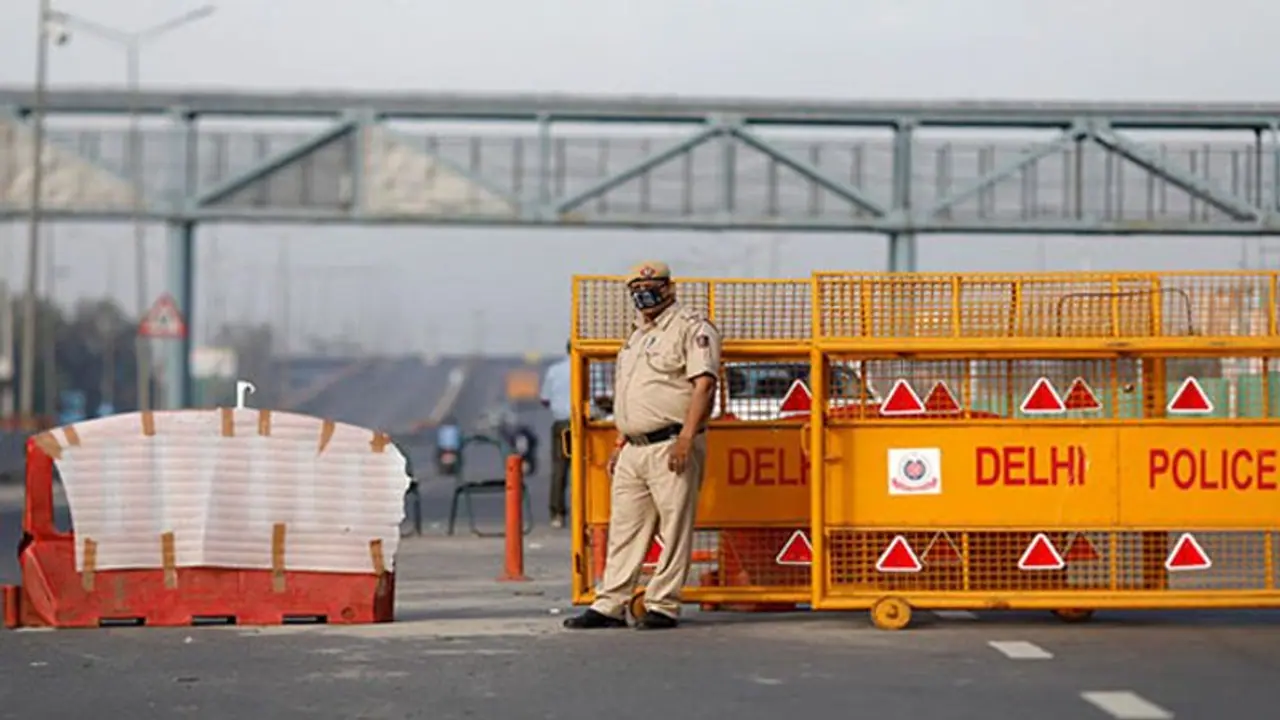"If 25,000 patients come every day, then the system will crumble. There's a shortage of ICU beds," Delhi Chief Minister Arvind Kejriwal said justifying the decision to impose the lockdown.
A weeklong lockdown will be imposed in Delhi from tonight, Chief Minister Arvind Kejriwal announced.

The 6-day lockdown will begin at 10 pm on April 19. The decision was taken after Lt Governor Anil Baijal and chief minister Arvind Kejriwal held a meeting to review the Covid situation in the national capital.
Announcing the lockdown in Delhi, CM Kejriwal said: "In the last 24 hours, around 23,500 new Covid cases have been reported. In the last 3-4 days, around 25,000 cases have been reported daily. Positivity rate and infection have also increased. If 25,000 patients come every day, then the system will crumble. There's a shortage of ICU beds."
Kejriwal said he still believed that lockdown is not the best solution and that even it can slow down the pandemic, it cannot end it.
Here's a list of what is allowed and what is not
What's allowed:
* Shops dealing with fruits, vegetables, groceries and dairy products.
* Banks, insurance offices and ATMs
* Pharmaceuticals, opticians and chemists
* Telecommunications, Internet and cable services
* Delivery of essential goods through e-commerce
* Petrol pumps, LPG, CNG stations
* Water and power services, transmission and distribution units
* Cold storage and warehousing services
* Private security services
* Units manufacturing essential commodities
* Food delivery, take away from restaurants and eateries
* Production units requiring continuous process
* Religious places
* Inter-state and Intra-state movement of essential goods
* Students appearing for exams (must show valid admit card)
* Persons going for Covid test or vaccination
* Medical, media, legal, foreign mission staff professionals exempted (must show valid ID card)
* People coming from or going to airports / Railway stations / inter-state bus terminals
* Public transport at 50 per cent capacity
* International sporting events without spectators in stadiums.
What's not allowed:
* Movement of people
* Social, political, religious, academic and cultural gatherings
* Private offices and establishments
* Shops, shopping centres, malls and weekly markets
* Manufacturing units
* Educational and coaching institutes
* Cinema halls and theatres
* Restaurants and bars
* Amusement parks, water parks, public parks and gardens
* Barbershops, saloons, spas, swimming pools.
* Construction activities
